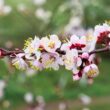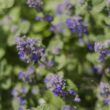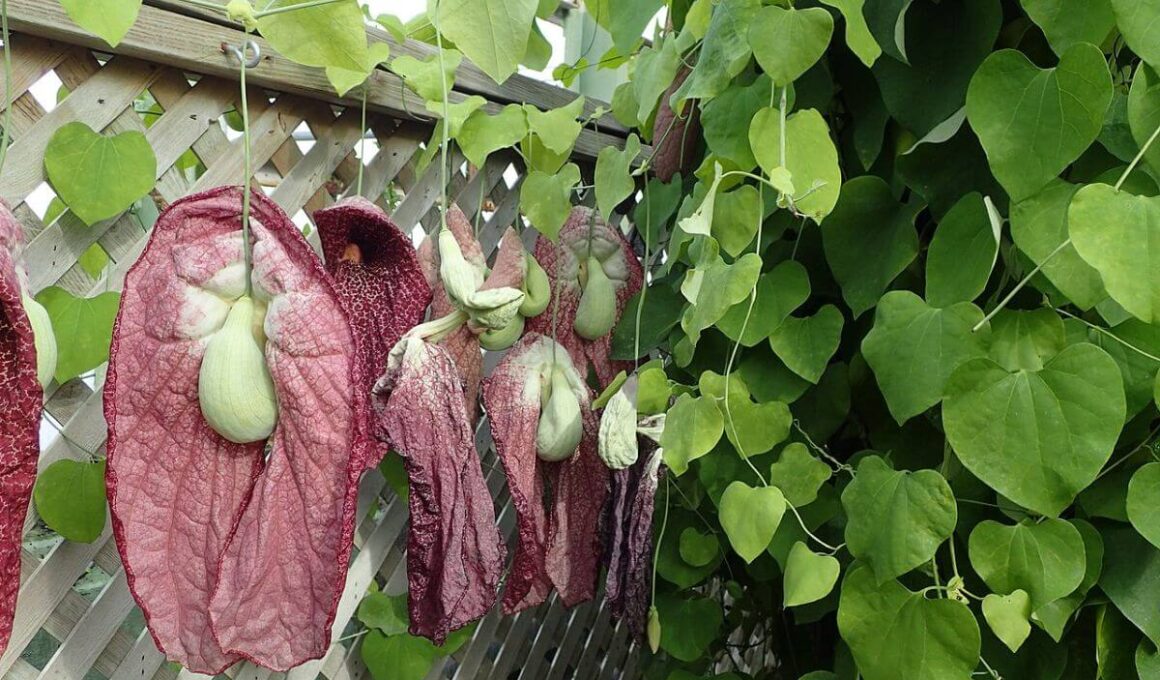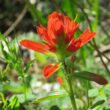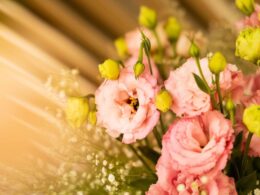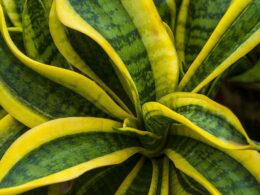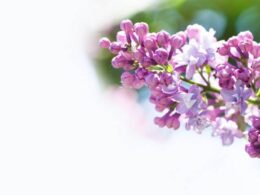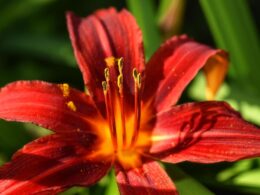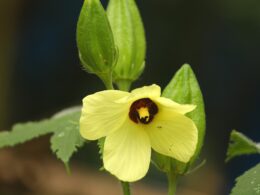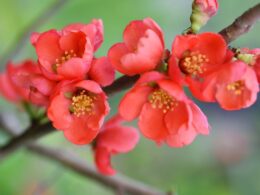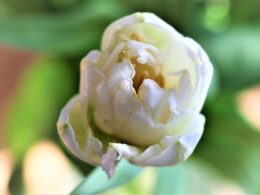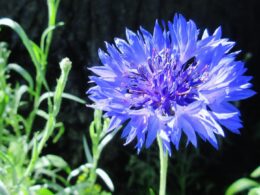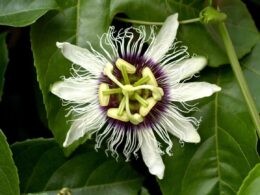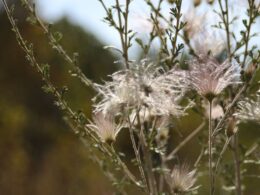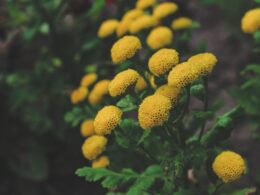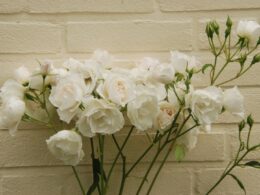Duck Flower: Basic Information
Duck flower (Aristilochia grandiflora) is a long-blooming vine that is native to South America. It gets its common name from the shape of its flowers, which resemble ducks in flight. The flowers are white or purplish-brown and blooms all summer long. The leaves can reach to over 9 inches in length.
Duck Flower Care
Duck flowers prefer full sun, but they will also tolerate partial shade. They should be planted in soil that is well-draining and fertile. Once the plant is established, it will require very little fertilizer. Water the plant regularly, being sure to not over-water. If the leaves start to turn yellow, this is a sign of over-watering. When it comes to pruning, duck flowers should be cut back after they have bloomed. This will encourage the plant to produce new growth and more flowers.
Duck Flower Common Problems
Just like any other plant, the duck flower can experience problems with pests, diseases, and other problems. Here are some of the most common issues you might encounter while growing this plant:
Pests
One of the most common pests that affects duck flowers is aphids. These tiny pests can quickly infest a plant, sucking the sap and causing the leaves to curl and discolor. In severe cases, aphids can cause the plant to produce fewer flowers. To get rid of aphids, try hosing them off with a strong stream of water or spraying them with an insecticidal soap.
Diseases
Another problem that duck flowers can experience is a fungal disease called powdery mildew. This disease appears as a white powder on the leaves and stems of the plant. Powdery mildew can cause the leaves to yellow and drop off, and it can also reduce the number of flowers the plant produces. To prevent powdery mildew, make sure to plant your duck flowers in an area with good air circulation. If the plant does get infected, you can try spraying it with a fungicide.
Other Problems
Duck flowers can also experience other problems, such as leaf spot and root rot. Leaf spot is a fungal disease that causes brown or black spots on the leaves. Root rot is caused by overwatering and can cause the roots of the plant to rot.
How Is Duck Flower Used?
Duck flowers are used to treat a wide range of ailments, including colds, flu, and bronchitis. The flowers can be made into a tea or decoction and taken orally, or they can be used externally in the form of compresses and poultices. In recent years, duck flowers have also been shown to have anti-inflammatory and antimicrobial properties, making them an effective treatment for acne and other skin conditions.
What Is Duck Flower Detox?
The duck flower detox is a natural way to cleanse your body of toxins and impurities. The process begins with drinking a mixture of duck flowers and water. The duck flowers help to draw out toxins from your body, while the water helps to flush them out. After a few days of drinking this mixture, you will start to see results in the form of increased energy levels and improved skin complexion. While the duck flower detox is not a miracle cure, it can be a helpful way to jumpstart your journey to a healthier lifestyle.
Jamaican Duck Flower Potential Health Benefits
The plant is prized for its medicinal properties, which include detoxification and support for the liver and kidneys. The duck flower is also said to be effective in treating respiratory diseases such as bronchitis and asthma. The plant has a long history of use in traditional Jamaican medicine, and is still used today by many herbalists.
Jamaican Duck Flower Detox
The active compounds in the duck flower include aristolochic acid, which is thought to be responsible for the plant’s detoxifying effects. The plant is also a rich source of antioxidants, which help to protect the body from damage caused by free radicals. Aristolochia grandiflora is a herb with a long history of use in traditional medicine. The herb is known to cleanse the body of excess mucus and toxins.
Effects of Jamaican Duck Flower Cleanse
One of the most common side effects is diarrhea, which can lead to dehydration and electrolyte imbalances. Other potential side effects include vomiting, cramping, and bloating. In rare cases, JDF detoxification can also cause liver damage.
Is the Jamaican Duck Flower Legal?
The USDA however, banned all products containing Aristolochic acid and Aristolochia species in 2001. Aristolochic acid is a known carcinogen, and has also been linked to kidney damage. If you are interested in trying duck flower for its medicinal purposes, it is important to consult with a qualified healthcare practitioner first. The plant should only be used under the supervision of an experienced herbalist.
Image source: Krzysztof Ziarnek via Wikipedia, CC BY-SA 4.0



